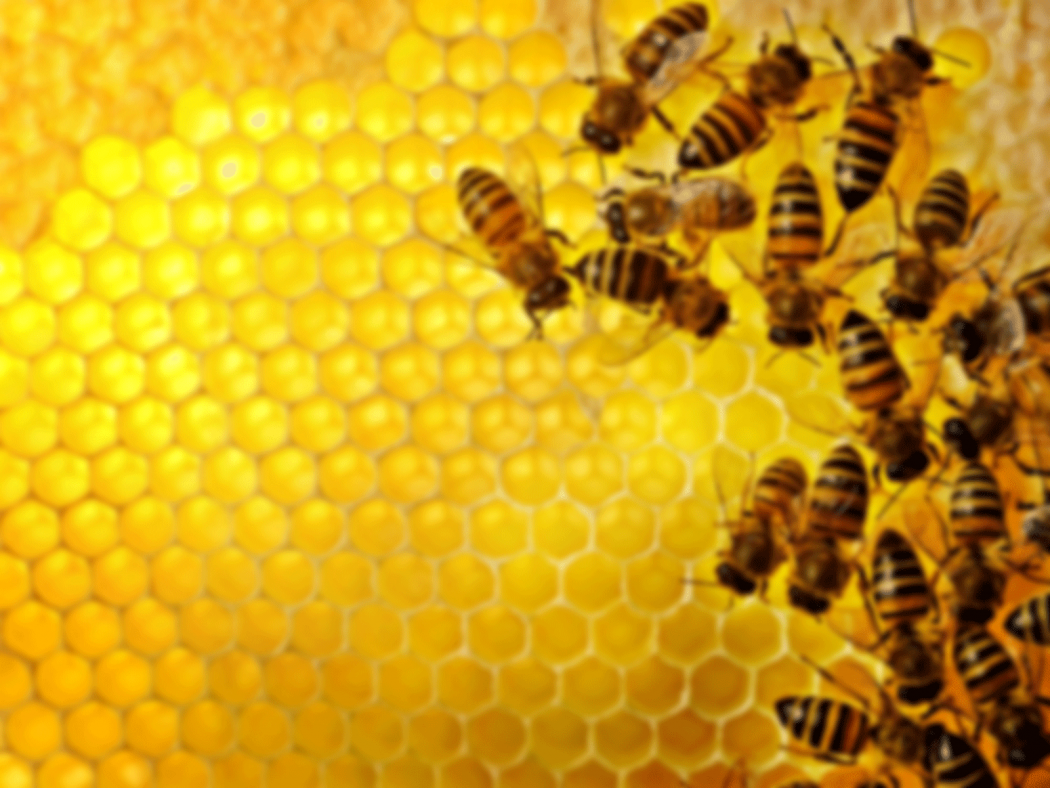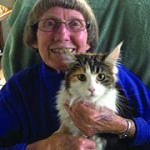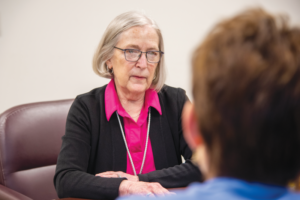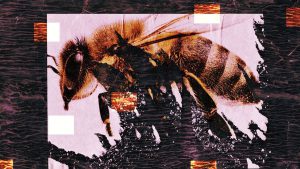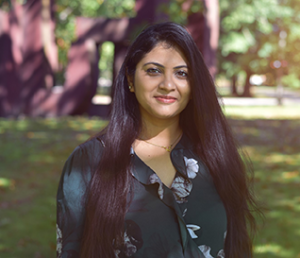By: Ann Harman
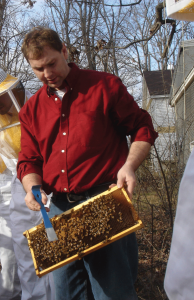 Today David Tarpy is well known in the honey bee world. He was interested in science as a youth but his work with honey bees came later, after studying birds and fruit flies. Although he grew up in the same town as Dave Hackenberg he did not meet honey bees there either. Dave Tarpy’s parents were professors at Bucknell University, a place that later shaped his future with honey bees. He also spent some years in Switzerland and England when his father had sabbaticals there.
Today David Tarpy is well known in the honey bee world. He was interested in science as a youth but his work with honey bees came later, after studying birds and fruit flies. Although he grew up in the same town as Dave Hackenberg he did not meet honey bees there either. Dave Tarpy’s parents were professors at Bucknell University, a place that later shaped his future with honey bees. He also spent some years in Switzerland and England when his father had sabbaticals there.
While working on his B.S. at Hobart College, he took his junior year abroad in a world-famous lab at Oxford University where he studied the behavioral ecology of birds. Here started Dave’s interest in the interaction of evolution, ecology and behavior. This theme will be transferred to his work with honey bees, but not for a while. He completed his studies back at Hobart with an honors research project on the mating systems of a particular fruit fly, the Hawaiian picture wing. Since Hobart was a small liberal arts college the faculty only had one behavioral ecologist on the faculty, David Downey. So far, no bees yet.
David then attended Bucknell for his Master’s studies under Professor David Fletcher, noted for his work with bees. Now honey bees entered Dave’s life. Books by Mark Winston and Tom Seeley had made him realize that bees were perfect for his interest in the interactions of ecology and behavior. So the topic for his M.S. thesis was the behavior of the fatal fights of virgin queens and what determines the winner of those duels.
Dave then moved across the country to do his PhD thesis under Dr. Robert Page at the University of California Davis. Here again his thesis investigations concerning multiple mating of queens and their mating flights fit perfectly with his interest in the interaction of evolution, ecology and behavior. Immediately after obtaining his PhD in 2000, he was awarded a USDA postdoctoral fellowship. This brought him back to the east to work with Dr. Thomas Seeley at Cornell. Dave continued his work with the multiple mating of queens that gave genetic diversity within a bee colony. His thesis investigations focused on how that diversity could prevent disease from overwhelming a bee colony.
When his postdoctoral work was finished he then was selected to be a professor at North Carolina State University in Raleigh, NC. Here he has three different focus areas in the Entomology Department to keep him incredibly busy. Research time is 65%, extension 15% and teaching 20%. He does have some help with four technicians, four postdoctoral scientists, three graduate students and eight undergraduate researchers. He, with his students past and present, have an impressive record in the bee science world with 84 published scientific papers (40 of those in the past five years) and together they have given 163 scientific conference presentations.
The research program is actually divided into five parts that, combined, cover much of the honey bee colony’s activities. Dave does collaborate with other bee researchers around the country who are also conducting investigations to benefit bee health. One part of the program concerns the genetic diversity within a colony that comes from the multiple matings of the queen bee. Looking deeper in queen biology, studies focus on how virgin queens, ready to mate, become egg-laying queens that never mate again.
A second area involves pollinators, their diversity and the hazards they face in their surroundings. Studies are being conducted on diseases and overall health of pollinators in urban, suburban, agricultural and natural ecosystems to investigate effects of their environments. Feral honey bees do exist in many areas but little is known about their origin – are they swarms from a beekeeper’s hives or are they really survivors that are able to cope with mites, the associated diseases and also the hazards of an agricultural environment? These feral colonies are being sampled in the southeastern U.S. to determine their genetics that will give clues to their origins.
Bees exist in colonies so, as a social insect, they are subject to the stresses that exist in their lives. Dave’s lab is searching for ways to help the honey bee cope with the onslaught of diseases and other problems a bee colony can encounter. Not only must the individual bee cope with stresses but also the colony as a whole must. So the ways to help bees live within a managed existence is the third area of investigations.
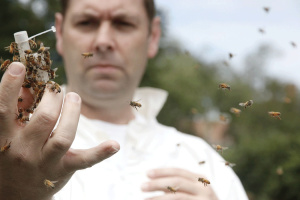 Beekeepers know that the Varroa mite seems to be the number one problem because of transmission of lethal viruses. In the fourth part of the research program Dave is coordinating with the Bee Informed Partnership (BIP) tech transfer team in various integrated pest management (IPM) systems. In addition to varroa, beekeepers now have to live with the small hive beetle and its destructive larval stage. Dave and his team have investigated the Russian bees for Varroa and are looking at various biopesticides for the shb larvae.
Beekeepers know that the Varroa mite seems to be the number one problem because of transmission of lethal viruses. In the fourth part of the research program Dave is coordinating with the Bee Informed Partnership (BIP) tech transfer team in various integrated pest management (IPM) systems. In addition to varroa, beekeepers now have to live with the small hive beetle and its destructive larval stage. Dave and his team have investigated the Russian bees for Varroa and are looking at various biopesticides for the shb larvae.
Since the queen bee is the essential member of the colony, the fifth component of Dave’s research program focuses on her, her health, her success in producing a healthy, productive colony. One part of the research investigated the results of the number of matings on queen productivity. Another part showed that there is a wide variation in honey bee stocks for both quality and production.
Although research is the major part of Dave’s work, extension – reaching out to beekeepers, to those who need pollination services and to the general public – does occupy a part of his time. He has initiated a number of very useful outreach programs. You might wish to visit the online program called the Beekeeper Education and Engagement System (BEES) at https://entomology.ces.ncsu.edu/apiculture/bees that offers a range of courses not only for beekeepers but also for those curious about bees and their place in our world. Another extension project is the Queen & Disease Clinic where samples sent in by beekeepers can be tested. Queens sent in (yes, you will lose that queen) can be tested to see the success of their matings, as well as for disease. Workers can be tested for disease and also for any signs of Africanizing. There is a charge for the tests that you can see on the website https://entomology.ces.ncsu.edu/apiculture/queen-disease-clinic.
Extension also means other ways of reaching beekeepers and the public. He estimates having reached over 68,000 people through articles, presentations at meetings, on radio and TV, along with web pages and numerous articles.
Dave also educates many others. Some will become beekeepers, others will not until perhaps later in their lives. But all his students obtain not only facts but his enthusiasm for honey bees and their place in the world. His course, ‘An introduction to the honey bee and beekeeping’ is for non-science majors. Here a room full with 200 students will find out the importance of pollination and even how honey bees were a part of human’s history.
Every other year a practical course in ‘Honey bee biology and management’ is given for those who wish to become beekeepers. For the graduate students, every third year, he teaches a course on the evolution and ecology of social insects.
Somehow he finds time to serve or has served on various boards, such as the Bee Informed Partnership, the North Carolina State Beekeepers Association and also the Eastern Apicultural Society. This latter organization selects outstanding scientists for their annual awards. Dave has been honored twice – a rare distinction. He was awarded the prestigious Hambleton award for excellence in research. And then to recognize his work in teaching and extension he received the Roger A. Morse Award for Teaching and Extension. At the university he is now an NCSU Faculty Scholar.
Dave is in demand as a speaker not only locally but also nationally and internationally. Does he have another life? Yes, with his wonderful wife Casey (a wedding photographer) and his son and daughter. He also enjoys gourmet cooking. Other indoor activities are the New York Times challenging Sunday crossword and the equally challenging racquetball. Outdoors you might find him hiking or running. He does not have honey bees for himself, but there are always many hives and tasks to do in the bee lab.
No matter where you live, in the U.S. or in another country, I hope that you can attend one of his presentations. His enthusiasm for the evolution, ecology and behavior of honey bees is contagious and his information will make you a better beekeeper.
Ann Harman lives, and keeps her bees in Flint Hill, Virginia.






